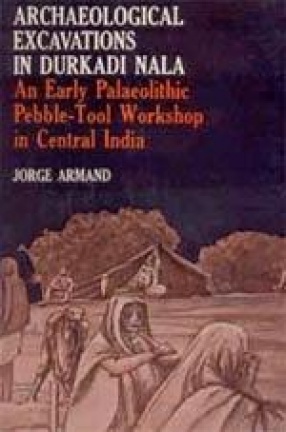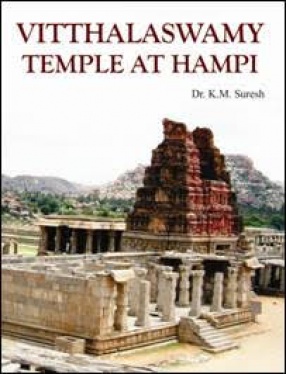The excavations the author has made in the site of Durkadi Nala on the ancient banks of the Narbada River, are the main contents of this book. It includes a very detailed analysis of the pre-Acheulian tools found there; which, according to a comparative study, can be as old as 1 million years. The author begins with a careful revision of the Soanian industry in India and a criticism of the classical theory of the two different traditions (choppers vs. handaxes). This review shows clearly how shaky are the foundations of the classical theory in India. The author strongly advocates abandoning the traditional trend in India of exploring the present banks of the rivers, where palaeolithical vestiges are plentiful but always mixed-up and of little scientific value, and substituting it by the search of the less rich but better preserved primary sites, placed along small tributaries. For the classification of palaeolithic tools, the author proposes a new method based on a computerized code of attributes which, in many cases, represents an improvement upon the traditional typological approach of classifying archaeological artefacts. The main conclusion of this book is related to a subject deeply connected with the problem of the emergence and early development of Man. The evidences discovered by the author in Durkadi Nala strongly supports the hypothesis that the Acheulian Culture of India, is not the result of a foreign invasion, as most archaeologists and historians have accepted, but an independent Indian achievement.
Archaeological Excavations in Durkadi Nala
In stock
Free & Quick Delivery Worldwide
reviews
Bibliographic information
Title
Archaeological Excavations in Durkadi Nala
Author
Edition
1st ed.
Publisher
ISBN
8121504341
Length
222p., Illustrations; Maps.
Subjects





There are no reviews yet.